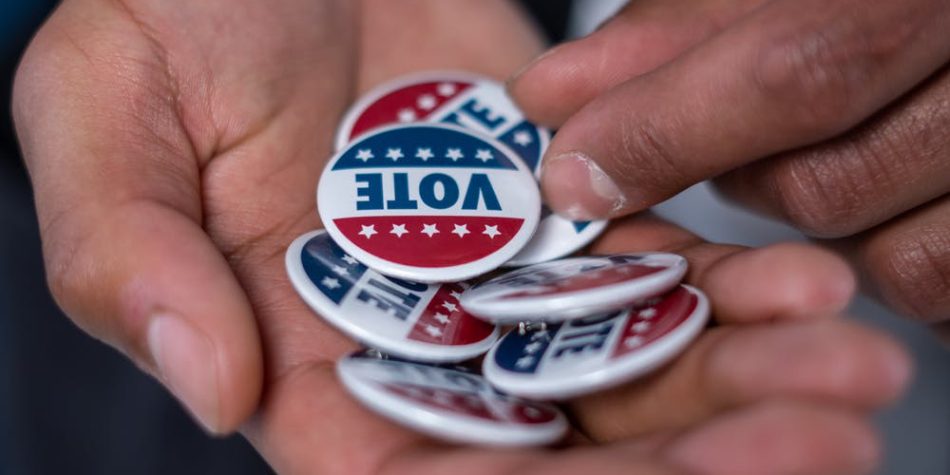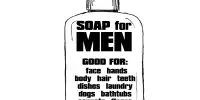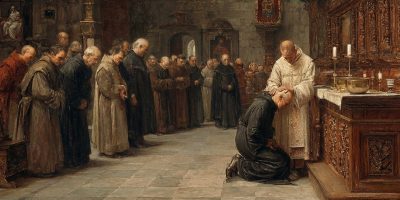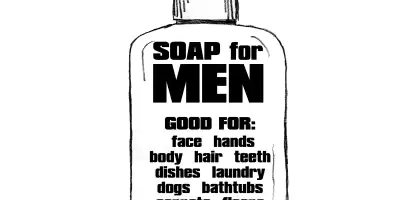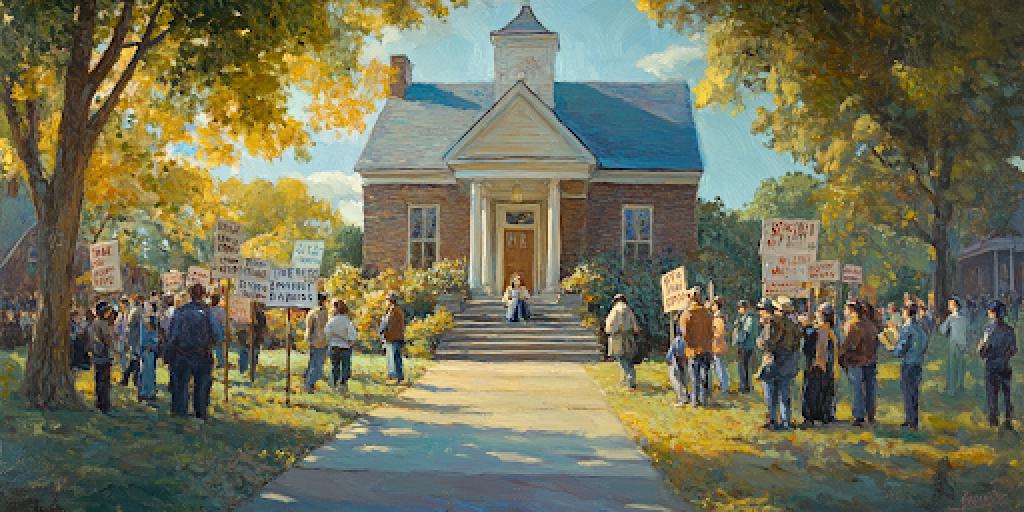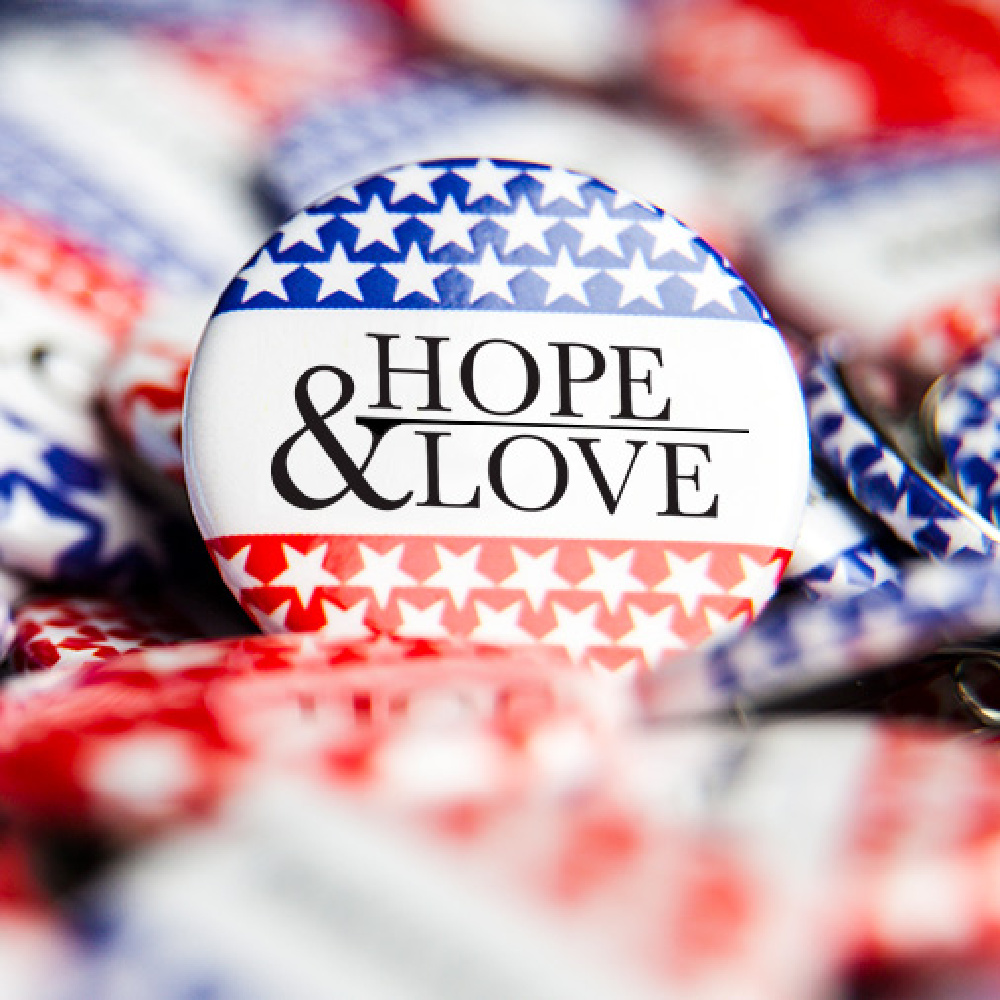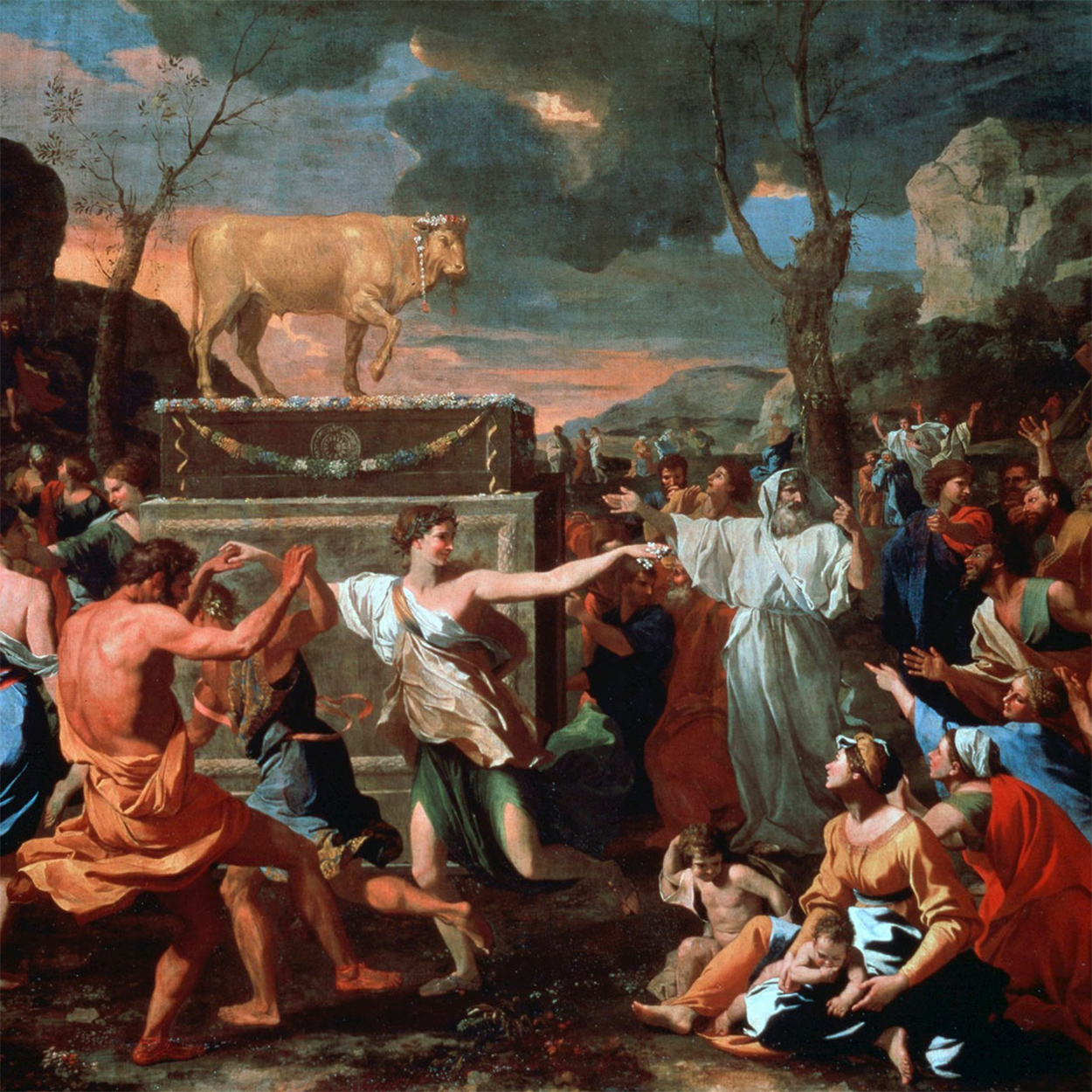Last week, as President Trump began to raise allegations of widespread fraud amidst a vacillating, tightening race, I joined others in raising my voice to caution at the potential consequences of suspicion getting out of control in America.
I believe those warnings are merited—and that a general pattern of dying trust in America, as our staff argued a few weeks earlier, could prove disastrous long-term. Seeing how people of faith were coming to embrace these widespread suspicions, I went so far as to share these cautions about rippling consequences openly with friends and neighbors in my rural community flying Trump flags on every street. I had been among those who were moved by Joe Biden’s remarks after the election and encouraged to hear appeals to healing. Yet I encouraged fellow believers to make their highest commitment not to what helps either party, but to the full truth—whatever it is.
So, what is the truth about these election allegations, I wondered?
I decided to study for myself concerns arising from election observers on the right. Unless you’re among the many whose partisan passions have already settled that question conclusively (“it was stolen” vs. “it was perfectly fair”), it’s frankly not so easy to discern what’s truly going on. And what I read gave me pause, and made me think, “We’d better at least allow this process to play out.”
It wasn’t until December 12, 2000, after all, that the winner of the Bush v. Gore election was decided—well over a month after election day (and that was only a single state in dispute—not six). Surely we can take the time as a nation to allow these legal questions to play out, as a way to ensure greater trust in the outcome?
Not if we’re taking a cue from prominent voices at most national media outlets. Channeling the tenor of this reaction, Charles Blow called these legal challenges “Trump’s election tantrum” and Nicholas Kristoff argued the efforts were tantamount to “vandaliz[ing] our country.” Wolf Blitzer portrayed the legal efforts as reflecting a “disregard for democracy” and a willingness to “ignore the will of millions of Americans”—with Jesse Wegman characterizing them as “attacking our democracy.” Similarly, Bernie Sanders labeled them an “outrage” like we’ve never seen before that was “delegitimizing our electoral process and American democracy.”
Do these formal appeals and challenges really represent such a threat to America today?
This certainly isn’t the first time we’ve seen calls for heightened scrutiny of election results, nor this kind of impassioned push-back after requests for that further scrutiny. After some called for recounts and protests after the 2016 presidential election, Kayleigh McEnany, then a CNN contributor, said in November, “You have people trying to delegitimize the President-elect of the United States right now, you have people out there that are calling for recounts that are unsubstantiated based on no evidence.” At the time, Rudy Giuliani described the calls for more scrutiny as “really not the right thing in a democracy.” And a spokesperson for the Trump campaign said: “Recount Ridiculousness! A generation of sore losers whines for a do-over,” with another campaign leader who labeled the appeals a “tantrum” saying, “I have to tell you, I believe the Democrats are behaving like the Grinch of Christmas.”
Are these kinds of concerns (in either election) really about just being a “sore loser”? And do these formal appeals and challenges really represent such a threat to America today? R. R. Reno, the editor of First Things, offers another perspective: “The litigation underway is not ‘corrosive to our institutions.’ The opposite is true. Lawsuits filed in Pennsylvania, Michigan, Georgia, and elsewhere appeal to the rule of law. They do not weaken or undermine it.”
Reno went on to suggest that “legal challenges are likely to strengthen rather than weaken our democracy” as they can help “shine a light on trouble spots in our electoral system and will motivate reforms.”
This is quite a contrast to the prevailing shock among pundits that Trump hasn’t immediately conceded—and suggestions that failing to do so represents an exceptional threat to democracy itself. This is neither fair nor true, even if it’s understandable political rhetoric given the circumstances.
Some of this is the President’s own fault, for not being more clear in his commitment to a peaceful transfer of power—and going so far as to suggest multiple times that “the only way we’re going to lose this election is if this election is rigged.” That attitude, to say the least, hasn’t set the stage for the most generous, fair-minded conversation about the vote as a nation.
But not all that is wrong in the universe can be laid at the feet of Donald J. Trump. And whatever suspicion he has managed to fuel has been met—and raised—by his detractors. For instance, Jennifer Rubin described Republican leadership this week as “anti-democratic, immoral, dishonest and dangerous” and claimed they were up to something “sinister” in these legal challenges. Namely, to “sow doubt about the legitimacy of our democracy—just as the Russians intend” and to “keep their base in a constant state of anger and crazed denial.”
Is that true, Jennifer? Implying that half our nation’s leadership is trying to undermine democracy is a serious accusation—at least as serious as implying that Democratic leadership was abetting widespread fraud, as the President’s press secretary herself did this week.
If we’re looking to preserve trust in the American process, these blistering, blanket accusations cannot be helping. And if it’s not clear to partisans on both sides, both sides continue doing their part to further erode our essential trust. While Republicans are raising their own concerns about electoral fairness right now, for instance, preceding the election there were also months of accusations from the left at what they claimed was “widespread voter suppression.”
It’s not hard for many of us to see how this kind of back-and-forth suspicion could escalate to lethal levels for our country. Does that mean, therefore, that we should demand each side trust and accept election results—harboring no suspicion whatsoever?
Good luck with that. When was the last time someone demanded trust from you? Especially when it comes to sincerely held questions (in any area), such forceful insistence rarely does more than driving concerns underground—and likely even exacerbating them.
Trust grows in an atmosphere where concerns can be explored and heard.
That’s why condemning those with questions about climate change as “deniers” has done little to move the discussion forward. Likewise, portraying those with questions about prevailing public health dictates around COVID-19 as “denying science” or lampooning those with honest questions about vaccination mandates as crazy “anti-vaxxers,” has also served to entrench concerns and estrange us even further.
Trust grows in an atmosphere where concerns can be explored and heard—including when it comes to the election itself. So, then, how are people to be reassured about the election? Reno goes on to argue persuasively:
Protracted litigation over vote counts in Philadelphia, Atlanta, and elsewhere will help prevent false conspiracy theories from overpowering the imaginations of partisans on the right. If lawyers debate in the sober precincts of America’s courtrooms, conservative opinion leaders will have a more detailed and firmer understanding of claims and counter-claims about cheating.
Utah’s Attorney General, Sean Reyes sees these legal proceedings as credible enough that he has taken personal leave to be able to support this formalized effort to gain clarity. Yet in the neighboring state of Nevada, Attorney General Aaron Ford referred to them as “garbage.”
Rather than holding any merit, critics have repeatedly insisted that Team Trump’s concerns about the election are “baseless and dangerous.” Jennifer Rubin described the allegations as “entirely based on speculation” arguing that “none of the allegations about excluded poll watchers have been supported by facts.” And the New York Times went so far as asserting that even after calling all the states, they had found “no evidence.”
Yet just in the state of Michigan, 234 pages of sworn affidavits were announced by the White House this week. As a Trump campaign attorney said in a statement, “A sworn declaration from an eyewitness is the literal definition of evidence” pushing back on “those on the left and in other quarters that have been screaming that there’s no evidence.”
It’s true that multiple post-election lawsuits have been tossed out. It’s also true that this is the perfect environment for heightened passions to play tricks on our minds—and lead people to see things that aren’t there.
These same partisan passions, however, could also lead any of us to write off possibilities we don’t like—especially those which might threaten our Political Team. That seems true of both sides right now.
Speaking for myself, I can sympathize with Trump critics so ready to move beyond him that anything standing in the way feels like a barrier and a distraction. Yet it’s precisely because of this widespread fervor that some of the allegations of fraud seem plausible. As Reno puts it:
Given the intensity of anti-Trump hysteria in our ruling class, I’m not inclined to disbelieve claims of cheating. It is imaginable that election officials in some jurisdictions felt they had permission—perhaps even a duty—to put a finger on the scale in Biden’s favor. Of course, that does not mean that illegal votes put Biden over the hump in the key battleground states.
It’s not more “empty speculation” that Reno is arguing for—but simply, the space and patience for the legal process to unfold: “We need to calm down and allow the lawyers to make their cases in courtrooms.”
All that being said, those highlighting some danger in this course are not wrong, especially if Republican leadership were to continue (beyond the outcome of these legal challenges) insisting on fraud into the new year in a way that undermines transition and trust long-term.
But that’s not what is happening right now. The calls being made are to clarify allegations in several key states. As Mitt Romney and others have pointed out, these concerns can be resolved in the courts without writing off the entire election.
Just as labeling the entire election as fraudulent steps beyond reality, to label any questions about the election as a threat to democracy seems equally unfair.
If we’re looking for ways to build trust with the election—or any other issue— demanding trust won’t take us very far.
Something else will: patience and reaffirmed commitment to the constitutional system we’ve all agreed to uphold.
While yes, trust is crucial to cultivate and fight for in this American system, let’s also acknowledge that it’s possible to trust too much. And perhaps that means there’s a healthy place for some suspicion and cynicism in our national discourse—at least a little.
Within the right boundaries, a little caution can help, not hurt us, in arriving at clarity and greater trust.
So, let’s make space for it. And stop condemning it outright—while recklessly dismissing those who harbor it as enemies of democracy.
They’re not. As Joe Biden himself said beautifully, “to make progress, we have to stop treating our opponents as an enemy. They are not our enemies: They are Americans—they are Americans.”

